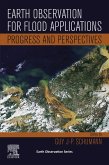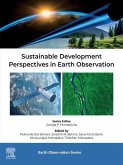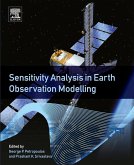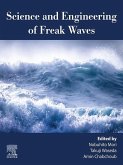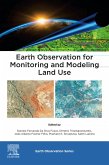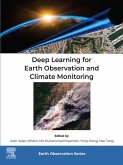How to reveal and fully use the information of "band, amplitude, polarization and phase" of electromagnetic wave is the key science and technology issues for SAR imaging mechanisms - information processing - parameter inversion - environmental change cognition, especially for new generation SAR with its capabilities of full polarimetric and interferometric information retrieval, 3D / 4D reconstruction, multi-based synergistic observation and ultra-high resolution data acquisition. Based on above key issues, three aspects of new generation SAR remote sensing are discussed in this book (1) The latest research status and development trend, the basic theories and methods of new generation SAR are discussed comprehensively (2) The new or original concepts, methods and typical applications of new generation SAR information processing and parameter inversion are systematically developed and created, it is the most advanced research achievement in the field of new generation SAR in the recent years (3) A new idea of SAR information integration processing and environmental parameter inversion is proposed, it represent a new SAR science application mode that has the capability to improve the SAR remote-sensing quantitative application level and promote the development of new theories and methodologies. - Presents key issues of new generation SAR remote sensing - Includes the latest research status and development trends and the basic theories and methods of new generation SAR - Presents new or original concepts, methods, and typical applications of new generation SAR information processing and parameter inversion - Covers a new idea of SAR information integration processing and environmental parameter inversion
Dieser Download kann aus rechtlichen Gründen nur mit Rechnungsadresse in A, B, BG, CY, CZ, D, DK, EW, E, FIN, F, GR, HR, H, IRL, I, LT, L, LR, M, NL, PL, P, R, S, SLO, SK ausgeliefert werden.
Hinweis: Dieser Artikel kann nur an eine deutsche Lieferadresse ausgeliefert werden.



